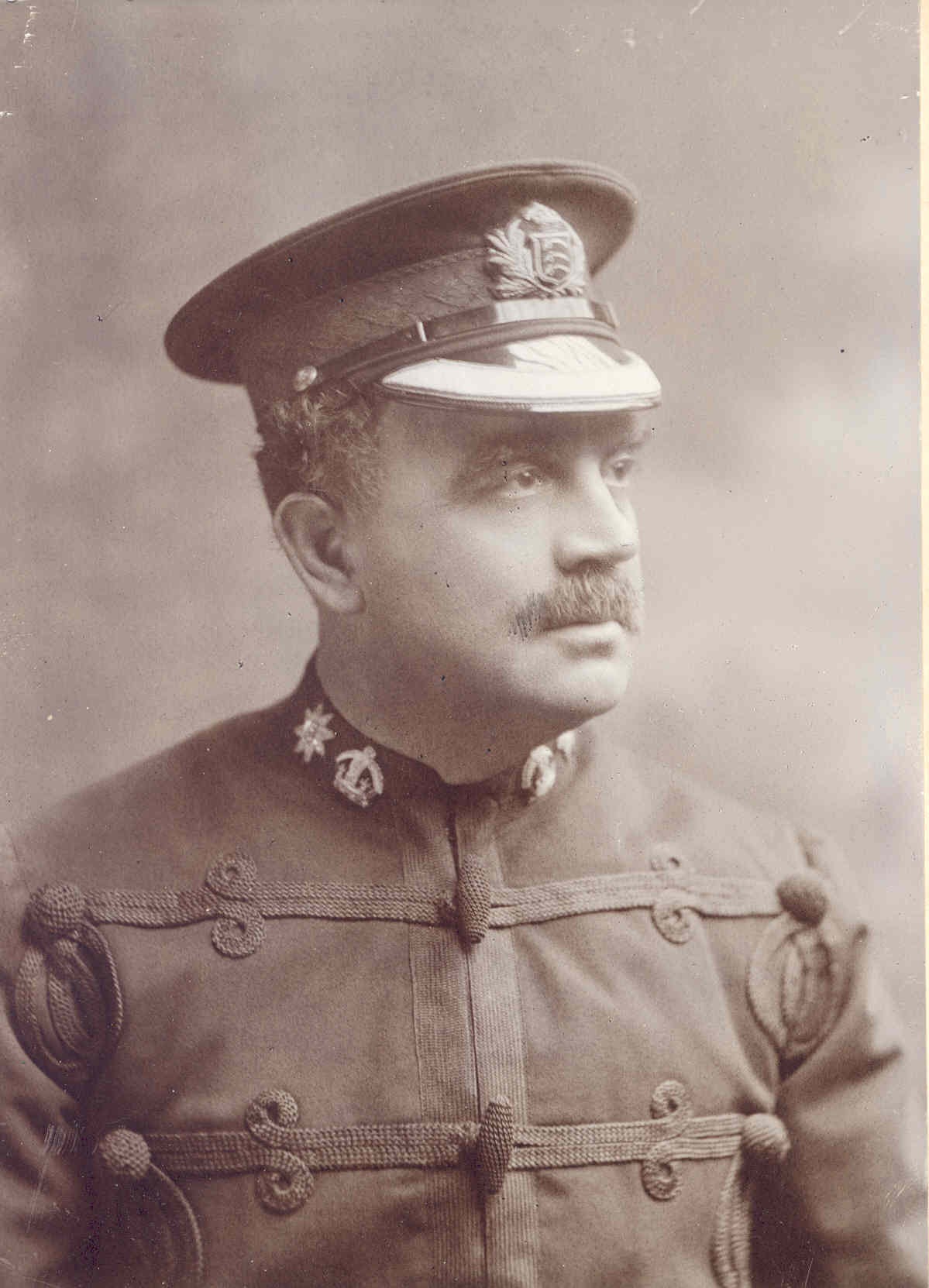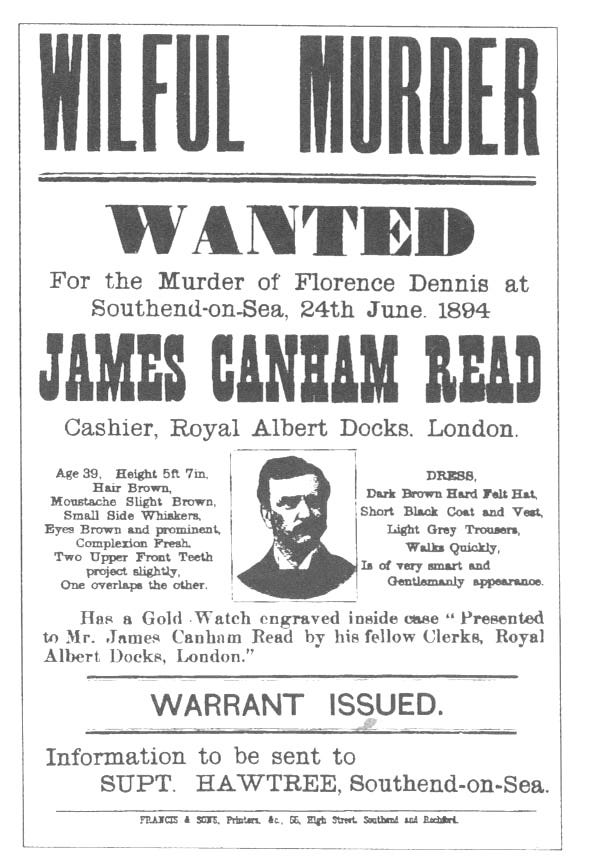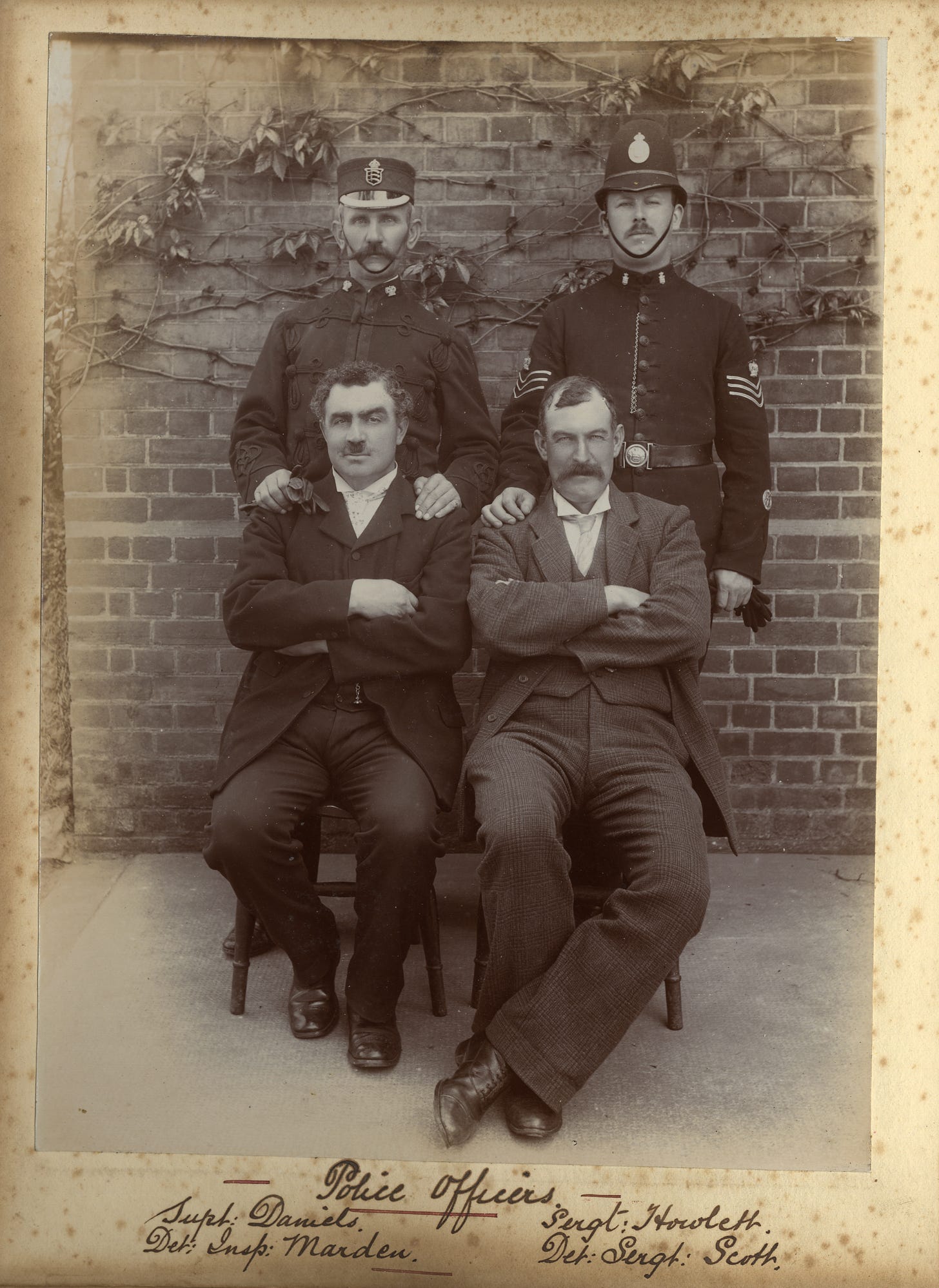By Martyn Lockwood, retired Inspector
Content Warning: Murder (cases are discussed, though not in graphic detail, including murder of a pregnant woman), Hanging (mentioned as a punishment).

Police Officers need many skills and abilities to do their job effectively. Nowadays, each officer is regularly given specialist advice, which ensures that he or she follows a career pattern best suited to balancing their own inclinations with the needs of the service. Career development advice thus helps officers follow a career path which recognises their particular abilities.
The Merit Star
In the 19th century career paths were less sophisticated and it was more difficult to recognise good work or brave conduct. This realisation led to the Chief Constable, Admiral McHardy, introducing the Merit Star in 1871 for highly distinguished conduct in the discharge of their duty, particularly when accompanied by a risk to life, personal courage and coolness, aided by marked intelligence.
Many forces had already introduced a Merit Star, which had long been advocated by Her Majesty’s Inspector of Constabulary. Constables were to receive an extra one shilling per week in their pay; Sergeants two shillings. The badge was to be worn on the collar next to the officer’s number (later on the right sleeve) and he could forfeit it through misconduct. A maximum of 20 Constables and 10 Sergeants could hold the Merit Star at any one time, before its use finally fell into decline in the middle of the 20th century.
Alfred John Marden
As the 19th century version of career development started with the Merit Star, let us look in more detail at the career of one officer whose records are in the Essex Police Museum. Alfred John Marden’s eventual rise to the rank of Superintendent probably owed a lot to his own qualities, which were recognised after the way he reacted to an early incident in his career.
The Murder of Inspector Simmons
Marden was born in 1863 at Writtle, the son of a hay binder, and he joined the Essex Constabulary at the age of 20. His first post was as a groom at Headquarters, before moving to the Brentwood Division. On Tuesday 20th January 1885, he probably felt lucky, for instead of pounding the beat, he was ordered to patrol the Rainham area in a pony and trap with Inspector Thomas Simmons, from Romford. Simmons had himself earned the Merit Star as a Constable. During their patrol in Rainham, they were told about three suspicious men seen in the area, and it was not long before they came across them at Blewitts Farm. As PC Marden questioned one of the men, Inspector Simmons spoke to the other two. The man questioned by Marden was David Dredge, a well known London criminal. He suddenly pulled a revolver out of his pocket, pointed it at Marden and threatened to shoot. Almost immediately a shot rang out and Marden spun round to see Inspector Simmons staggering back clutching his stomach. Without a thought for his own safety, Marden ran towards Simmons, who was badly wounded, and then gave chase. Contemporary accounts show that Marden was threatened by two of the three men, both of whom fired at him, but he refused to give up the chase, despite receiving further threats. Eventually they were able to give him the slip and he returned to where Inspector Simmons had collapsed, finding him in great pain. He drove the injured officer to Dagenham Police Station for treatment, but four days after the shooting Simmons died from his injuries.
A huge search was carried out for all three men, led by Superintendent Dobson from Brentwood. Two were subsequently arrested, Dredge and a man called James Lee. Both men were tried at the Central Criminal Court, because of the feeling against them in Essex. Dredge was acquitted of the murder, but was immediately re-arrested for threatening to short Marden and eventually received 12 months hard labour. Lee was found guilty and sentenced to death. The third man, John Martin, part of another gang, was eventually arrested in Cumbria, following the murder of several other policemen and was eventually hanged for those crimes. PC Marden was awarded the Merit Star and his extra shilling a week- a much deserved award. Simmons received a hero’s burial, and an appeal for his widow raised over £1000, a huge sum in those days (approximately £82,000 today).
An outcome of this tragedy was that Essex police officers who patrolled beats bordering the Metropolitan Police area were allowed to carry revolvers on night duty for their own protection.
After PC Marden’s bravery was recognised by the award of the Merit Star, his career path led to his promotion. Three years later he obtained the rank of Acting Sergeant and a posting to Southend, where he was promoted to Sergeant in 1891. In 1898 he moved to Clacton, and in 1901 he was promoted to Inspector at Romford. In 1903 he was again promoted, this time to Superintendent in charge of the Brentwood Division. He retired in 1913 and died at the age of 71 in 1934.
A brief look at the career of a brave officer, but, perhaps because of his early involvement of a brutal murder, the career of Alfred Marden took a different turn. During his service Marden took part in the investigation of a number of murder cases.
The Prittlewell Murder of 1894
Police Sergeant Marden assisted in the investigation into the murder of Florence Dennis, who was found shot in the head in Gainsborough Drive, Prittlewell. The enquiry, which was conducted by Marden and Detective Inspector Baker of the Metropolitan Police, found that Florence Dennis was pregnant, and the mistress of James Canham Read, a cashier in the Royal Albert Docks. After the murder Read went on the run, and wanted posters were circulated with his description. He was eventually arrested at the home of another one of his mistresses, tried at the Essex Assizes and hanged at Chelmsford prison in December 1894. Because of the skills he showed on the case, Marden was made a Detective Sergeant; Baker was later to become Chief Constable of Hastings. When Alfred Marden moved from Southend, the residents presented him with a cheque for £100, a considerable sum of money in those days, together with an illuminated address which read,
“his courage tact and discretion have earned words of appreciation from the presiding Justices of the Chief Courts of Essex, and as a most zealous and astute officer he has merited the full confidence of all who have had occasion to appreciate his untiring energies in the cause of law and justice.”
The Moat Farm Murder 1899-1903
In 1901, Marden was promoted to Detective Inspector and moved to Romford. In 1903, he was brought in to enquire into the circumstances surrounding the disappearance of Camille Holland from her home at the Moat Farm, Clavering. She had been missing for three years, and stories abounded in the locality about Samuel Herbert Dougal, who had lived with Miss Holland and who was renowned as a womaniser. Marden was called in by the Chief Constable, Captain Showers, to investigate Dougal’s financial affairs, and was able to show that Dougal had been forging Miss Holland’s signature on cheques. Dougal was arrested and when Moat Farm was searched the body of Camille Holland was discovered. Dougal was tried for her murder and hanged at Chelmsford Prison in July 1903. Inspector Marden’s conduct in the case earned him an award of £15 from the Standing Joint Committee (Police Committee).
The Warley Gap Murder, 1903
Marden was promoted to the rank of Superintendent in 1903 and placed in charge of the Brentwood Division. In 1903 he investigated a murder case known as the Warley Gap Murder. This involved Private White of the Essex Regiment, who was accused of the brutal murder of Maud Garrett, because she rejected his advances. White was found guilty after a two day trial and hanged at Chelmsford Prison, where the Governor described the execution as ‘most successful’. In 1906, Marden investigated the double murder of a married couple called Watson, in Honeypot Lane, Basildon. The Essex Weekly News described the location as “one of the most inaccessible districts of Essex”.
The Downfall of Marden
This has been a brief look at the career of one individual officer who served in the 19th and 20th centuries, ‘…a most zealous and astute officer… (with) untiring energies in the cause of law and justice’. However, Alfred Marden’s successful career suddenly went wrong in 1912, when he was suspended from duty, the subject of an enquiry into various offenses, going back to 1903. These included illegally questioning prisoners, telling lies, using bad language and being disrespectful towards the Chief Constable and principal officers of the Standing Joint Committee. Superintendent Marden appeared before a disciplinary hearing, was found guilty and was reduced in rank to Inspector, his pay reduced to £110 per annum. The precise details of these allegations are at present unknown, although it is believed that some involved the Dougal Case.
This is not quite the end of the story. Despite retiring in 1913, Marden seems to have remained a policeman at heart, for in December 1920 he appeared before Grays Magistrates on a charge for impersonating a police officer. He was fined £5, and warned by the Standing Joint Committee that any further offences might mean the loss of his pension. Police work, therefore, is often a way of life as well as a career.
Related Topics
History Notebook 37: The Moat Farm Murder, available here.






